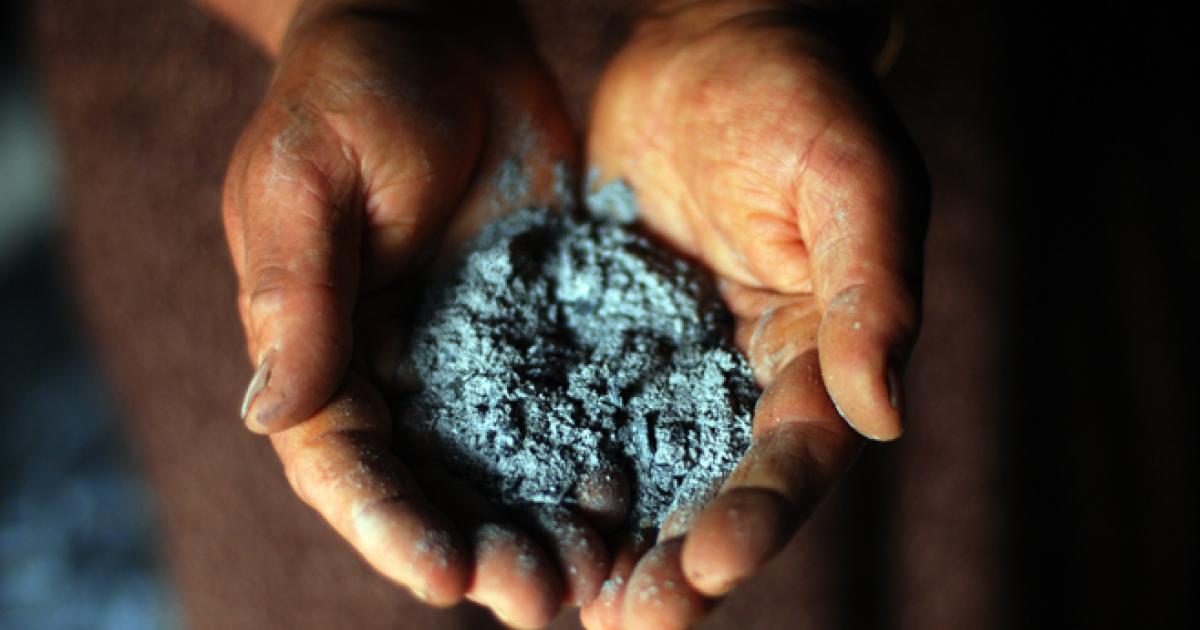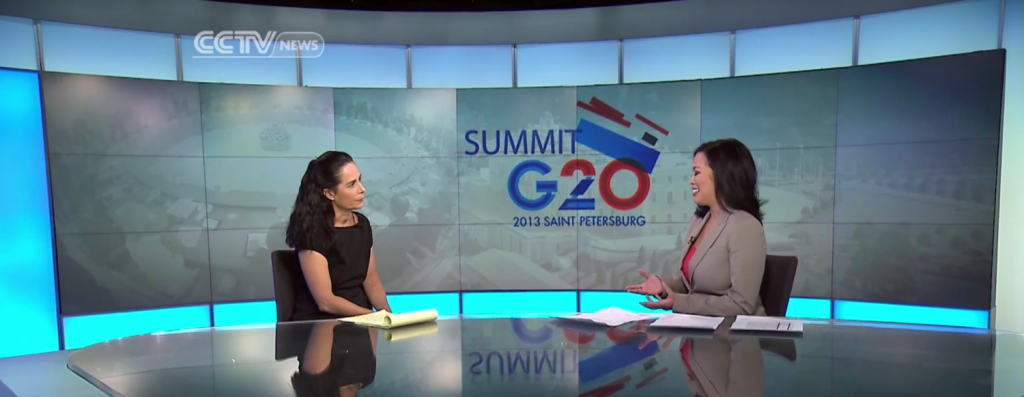The Reporter: You are quoted for saying: “Thorough research deftly illustrates how money, sex, and the exploitation of our children have fueled a fire that is ravaging our nation”. You have worked in many nations, in areas of conflicts advocating for human rights and against gender-based violence. Share with me some of the highlights?
Lori Handrahan (PhD): I wish I could think of a positive development that the international aid sector has undertaken to address humanitarian predators.
Sadly, the only “highlights” I can point to are: (1) a journalist, Sean O’Neill, of The Times of London, who had the courage to expose what was public knowledge in our sector – child sexual predators being employed, protected and passed around the globe from one humanitarian organization to another and (2) the resulting British Parliamentary report available online.
The organizations themselves remain entrenched in the “protect the institution” rather than protecting children and vulnerable adults preyed upon by the predators among our organizations.
You were the gender expert with UNHCR during the Darfur genocide. Knowing the abuse, the killings that have taken place, how was that like?
Yes, I was the first gender expert UNHCR ever deployed at the early-onset of a complex humanitarian emergency. I was one of the first on-the-ground in Chad along the Darfur border. It was a very difficult experience – not the least because my UNHCR supervisor Craig Sanders did not support my work, threatened me and destroyed my career with UNHCR when I attempted to do my job–stopping and reporting sexual abuse and exploitation of women and children in the refugee camps.
This month we saw, as Peter Dalglish, a former senior United Nations official became a convict of child abuse in Nepal and is expected to serve at least nine years in prison. You have highlighted how sexual abuse and exploitation is becoming widespread in Nepal among foreigners. How deep is the issue, do you think?
The recent guilty verdict and conviction in Nepal of Peter Dalglish, a Canadian and former high-level United Nations (UN) official, arrested in the Republic of Nepal on child sex trafficking charges in April 2018, provides an important predator profile for the humanitarian community to consider.
The international aid/humanitarian community is hosting many child sex predators like Peter Dalglish. The problem of predators within the aid sector is as large, or larger, than in the US Catholic Church; for example. Based on an understanding of how predators operate, there is a substantial reason for concern regarding (most often) wealthy, Western white men, posing as humanitarians, exploiting vulnerable children not only in Nepal but around the world where humanitarians operate.
Operation Broken Heart, in the US, recently announced the arrest of some 1,700 predators. If the international aid sector were subject to similar police action, hundreds, maybe thousands, of humanitarian predators would be arrested. Many would be in positions of power and authority. The creation of a Cyber-Crimes Humanitarian Sexual Exploitation Unit focused on the international aid sector is necessary to secure our workplace and protect vulnerable populations we are meant to be serving and protecting from exploitation and abuse.
The humanitarian community has proven it is incapable and unwilling to police itself. These are crimes, just as they are in the Catholic Church, and must not be “handled internally” but be reported to, and monitored by, competent international law enforcement for criminal investigation and prosecution. As the case of Peter Dalglish illustrates.
Is the UN, as well as noted charitable organizations giving the issue the seriousness it deserves?
The humanitarian community (non-profits, bi-lateral and multi-lateral organizations) is not addressing the issue. Although there is a great deal of chatter with the #AidToo movement, conferences, workshops and reports–these are, on the whole, public relations efforts rather necessary authentic, structural change.

For example, in addition to Peter Dalglish’s arrest, for example, the humanitarian community suffered another high-level arrest that has been almost totally ignored. Joel Davis was arrested in New York last June (and indicted on all counts in September 2018), making plans to rape children of a “father” trafficking eight-year-old daughter and his girlfriend’s toddler. The “father” was an undercover investigator. Davis had bragged about his infant and toddler child pornography collection, saying his preferred “age-range” was “+0” — newborns and older. Davis also boasted of raping a nine-month-old, a six-year-old girl and a seven-year-old boy.
Davis was appointed Campaign Director of Stop Rape in Conflict, a global coalition of 5,000 members who, reportedly, unanimously voted in 2017, to restructure under the “leadership” of Youth to End Sexual Violence – Davis’ non-profit. The Internal Revenue Service (IRS) revoked Youth to End Sexual Violence’s tax-status in 2017, for failure to file for three consecutive years. In addition to not being legal, the “organisation” was an obvious husk–housing little more than insipid blogs largely copied from other publications.
Top humanitarians, such as Zainab Bangua, former United Nations (UN) Representative on Sexual Violence in Conflict and current Co-Chair of Oxfam’s Independent Commission on Sexual Misconduct, embraced and championed Davis. In May the Norwegian government hosted a major conference #EndSGBVOslo where many of the humanitarians who supported and enabled Joel Davis’ career, were presented. No one spoke about Davis or the predators in our sector. No invitation was extended to me to speak about my publications on Davis’ arrest. On social media, #EndGBV movement has not mentioned Joel Davis. At all.
No one, to my knowledge, in a position of accountable and authority, has even issued a statement on Joel Davis–let alone taken responsibility for Davis’ inexplicable prestige and access in the humanitarian community.
If the community of professionals engaged in SGBV/GBV in conflict lacks the courage to address Joel Davis – what indication is there that the humanitarian community is seriously addressing the issue of humanitarian predators?
In the last decades you have been involved in the issue, what has been some of the positive changes that have taken place to safeguard and protect the vulnerable populations from being victims to gender violence?

